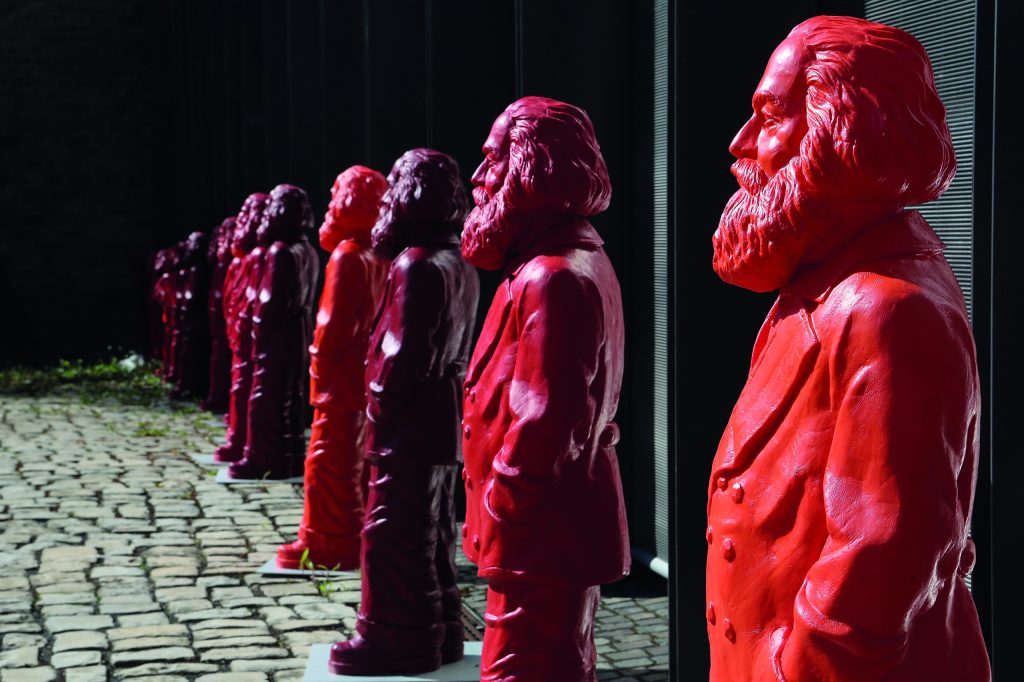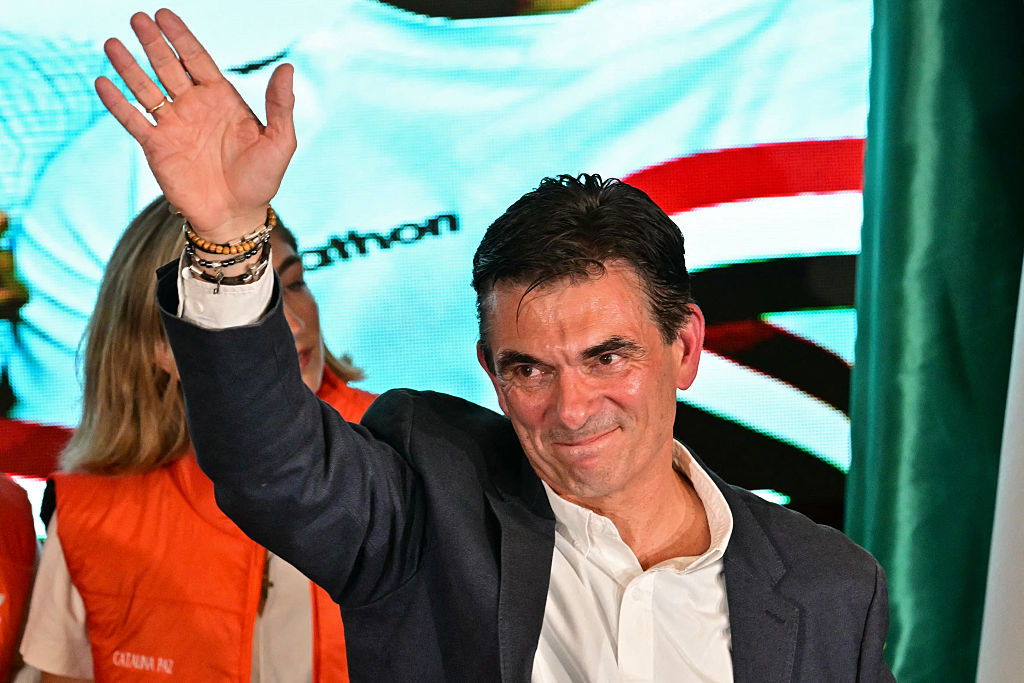These days the world seems to end with staggering regularity. From the financial crisis to Brexit to Trump to a climate apocalypse to coronavirus to protests and riots: new eras are born faster than old ones can die. And yet, despite it all, the proletariat still haven’t bothered to rise up and overthrow capitalism. Worse still, Americans have elected perhaps the most famous capitalist of their time, while the British have elected an Old Etonian with the middle name ‘de Pfeffel’. When will the oppressed masses learn?
Perhaps, just perhaps, such questions aren’t helpful. Rather than banging on about class consciousness, the left-wing political scientist Francesco Boldizzoni believes it’s time that a new consciousness dawned — on a class of intellectuals, that is. The theorists have confidently predicted capitalism’s downfall for two centuries, only to see it adapt and thrive. When will they respond to the evidence, and why are they so bad at forecasting? Before he gets to that, Boldizzoni takes us on a 200-page tour of capitalism’s critics. We begin in the well-worn fields of Marx, Mill and Maynard Keynes — or ‘Milton Keynes’ as Alexandria Ocasio-Cortez called him, confusing Keynes and Milton Friedman to arrive at the name of an English town. We then pass through the wilder thickets of critical theory. Much of the history smacks of the sketch in Monty Python’s Life of Brian about the Judean People’s Front and the People’s Front of Judea. For it’s with weary recognition we read about democratic socialists fighting social democrats, or the orthodox Marxists firing on the reformed Marxists. Meanwhile, the world goes on.
Boldizzoni eventually zooms out from these myopic tussles and presents a taxonomy of ‘the prophets of doom’. He sees four overarching schools. Marx and Rosa Luxemburg, for example, subscribe to ‘theories of implosion’, where capitalism collapses under ‘the weight of its contradictions’ (although these are rarely spelled out). Others, such as John Stuart Mill and Maynard Keynes, favor ‘theories of exhaustion’, where capitalism dies off once it has delivered maximum prosperity (whatever that means) or hits an environmental limit. Third, there are those favoring ‘convergence’, who think in Boldizzoni’s terms. Finally, for ‘catastrophists’, capitalism is merely a monster.
[special_offer]
So what, exactly, is the problem with capitalism? Perhaps it’s the fact that no other economic system has delivered greater gains in national and global prosperity and health or living standards, or reduced poverty as dramatically (a billion people have been lifted out of extreme poverty since 1990 alone). This is not to pretend that capitalist models are haloed saints, just that they work better at scale than anything else humanity has tried. The evidence is vast, and Boldizzoni barely raises or disputes it. No, the criticisms here are of a different nature: imprecise, light on statistics and cloaked in a vague morality. Capitalism is ‘a diabolical machine’; ‘antagonistic’; a system that creates ‘false needs’. Such ‘false needs’ include ‘the need to have fun’. Even Boldizzoni himself writes of a ‘moral misery’ without ever defining it.
Reading between the lines, I find this moral critique draws on Christian religious arguments about the perils of distraction and hedonism, and the belief that worldly things have their spiritual price. AntiJudaic thinking is not always far from the scene. These arguments are ‘modernized’ by filtering them through Freud (who is a ghostly presence throughout this book), or a woolly Rousseau-inspired Romanticism which misreads utopia into the past. It’s really cultural sentiments, however, that thinkers are rationalizing in their criticisms of capitalism. These lead doom-laden forecasters to what Boldizzoni calls ‘the paradox of the crystal ball’: gazing into the glass, they see an image of themselves reflected back.
Boldizzoni’s book is a warning against this, aimed primarily at the left. Capitalism is not ending anytime soon. Focus on reform rather than playground revolution, he seems to be saying. For with coronavirus throttling the global economy and civil disorder in the streets, perhaps we are witnessing an old world dying and a new world struggling to be born. But, Boldizzoni suggests, this new world will be remarkably familiar.

























